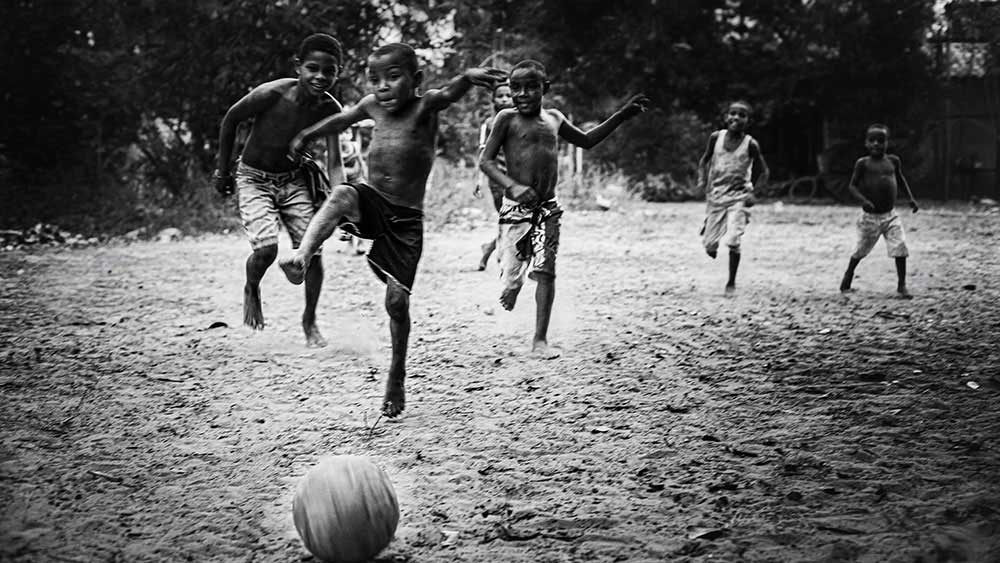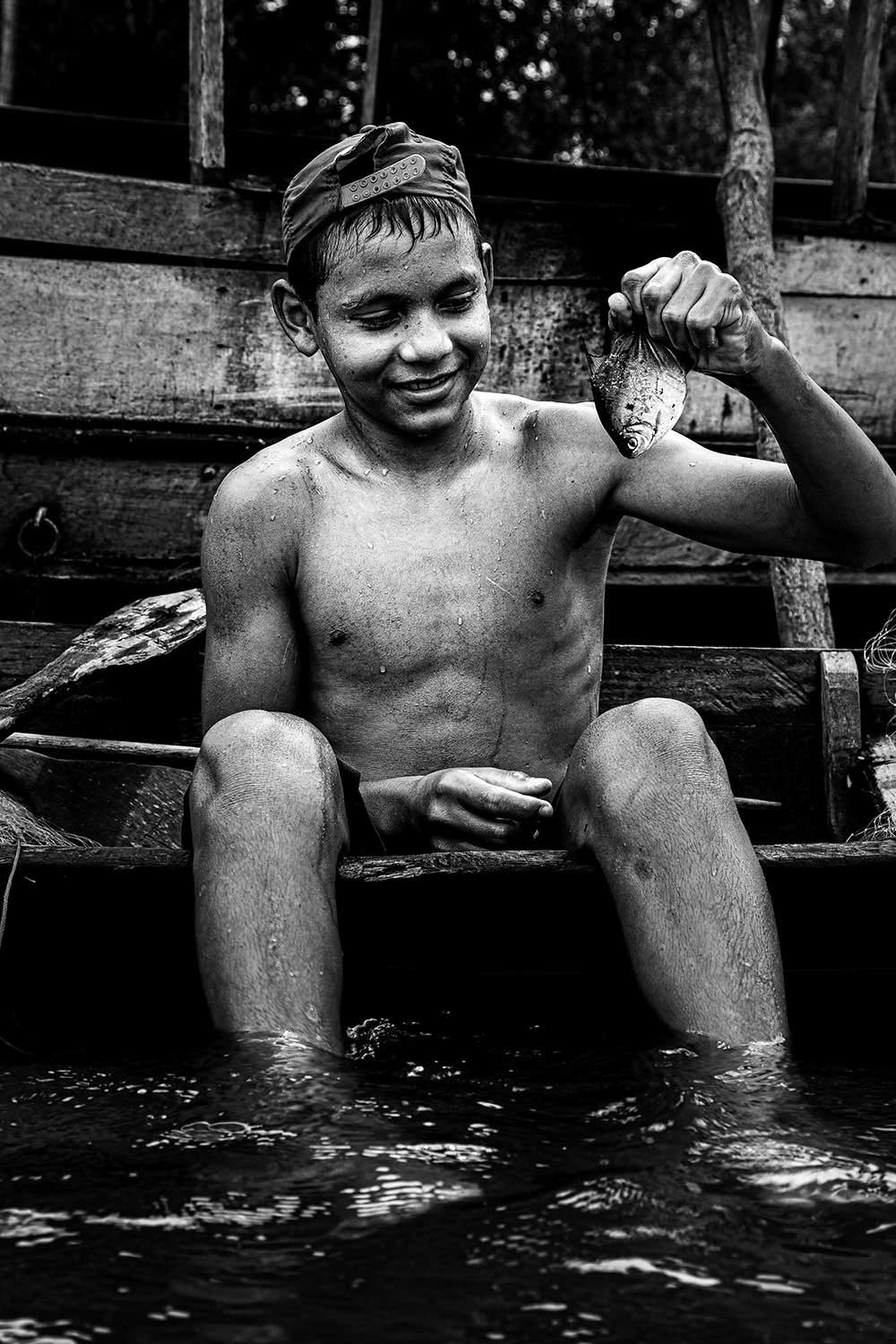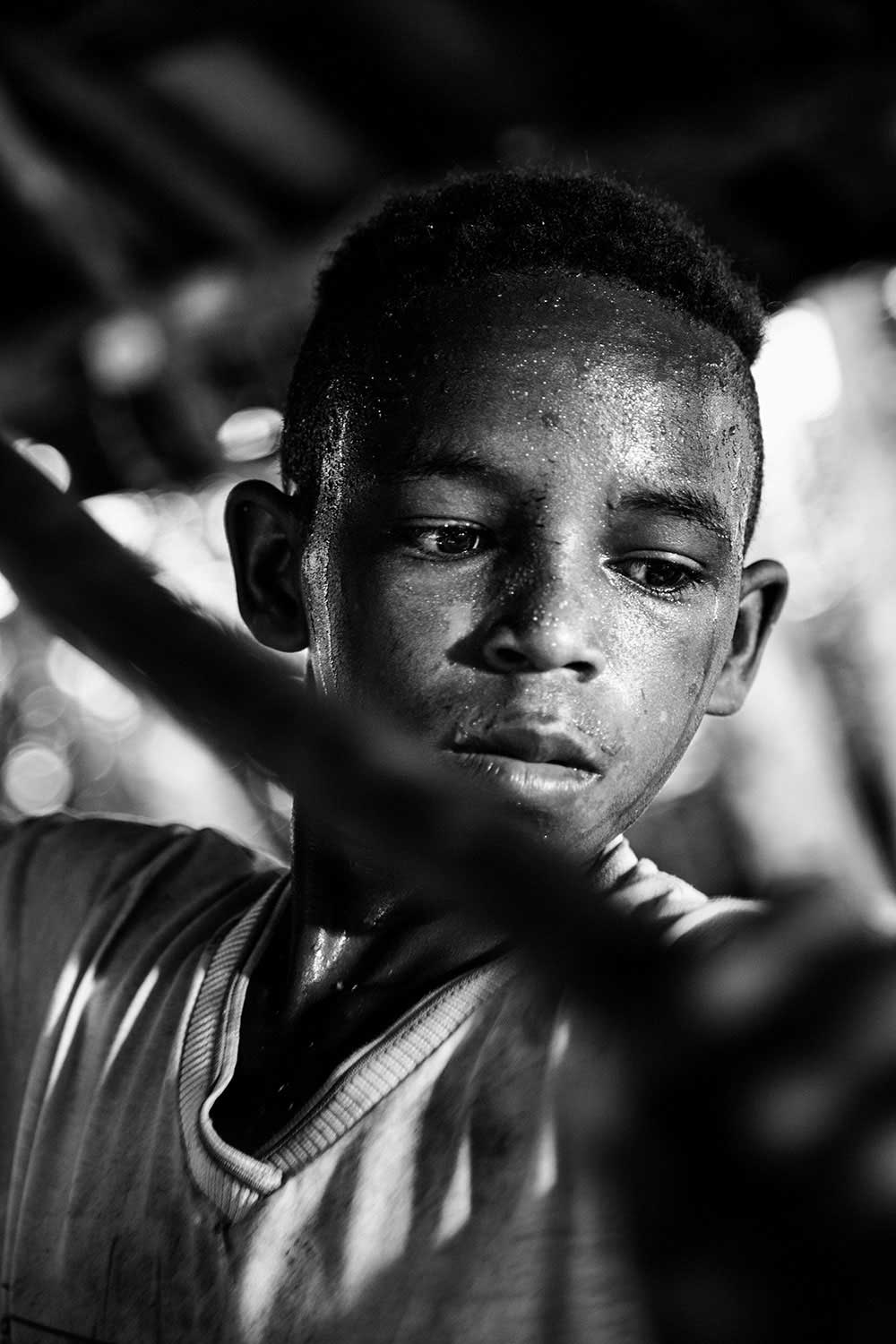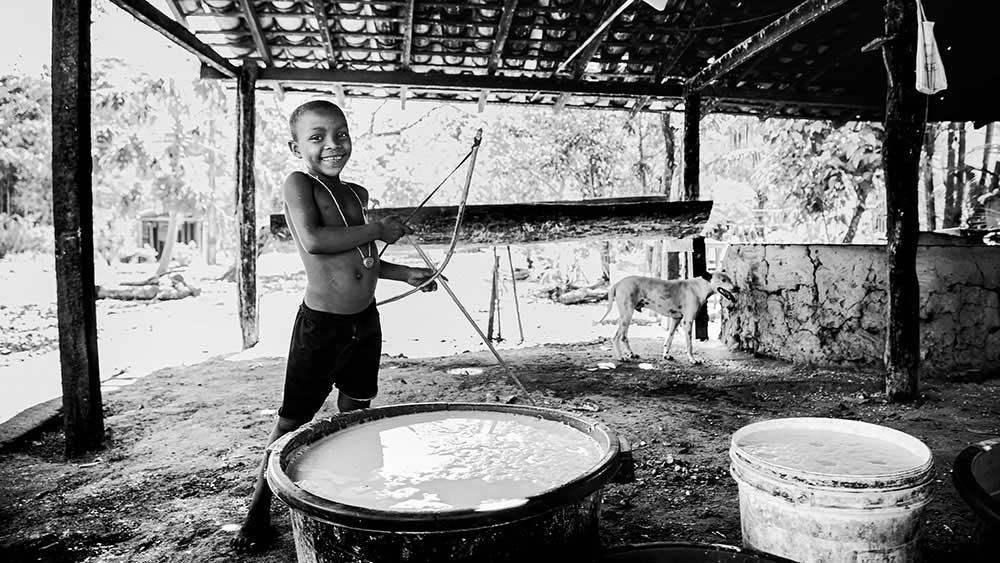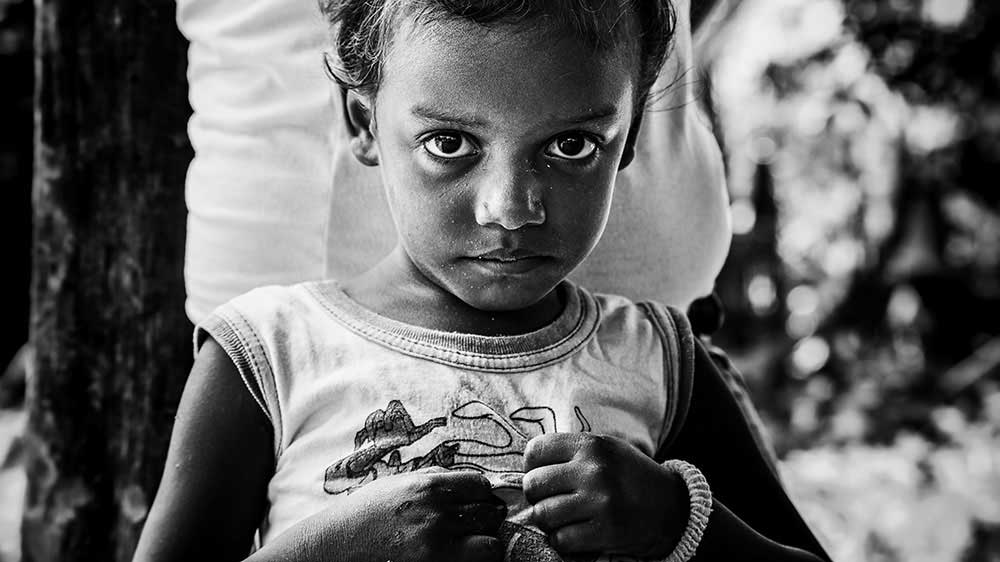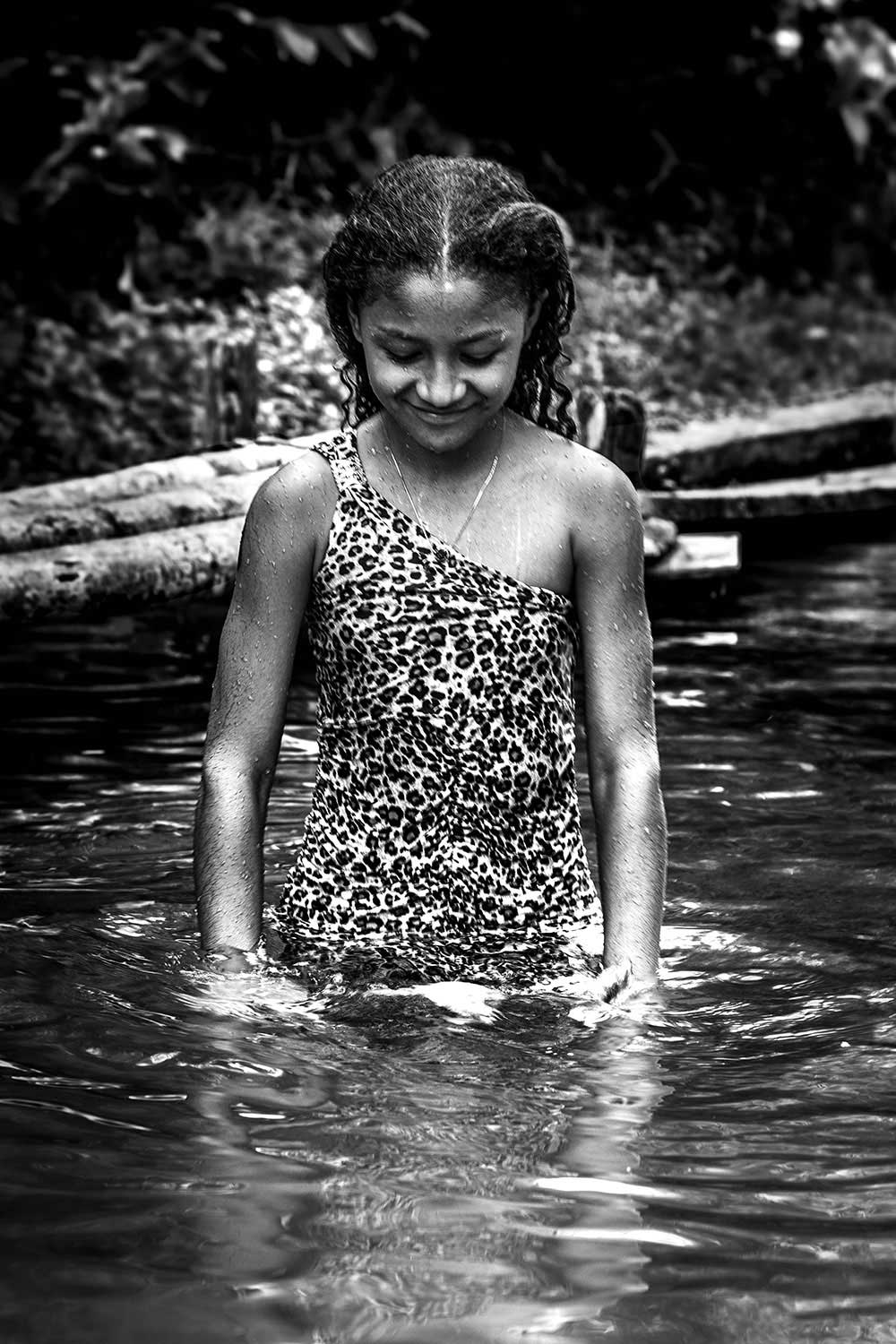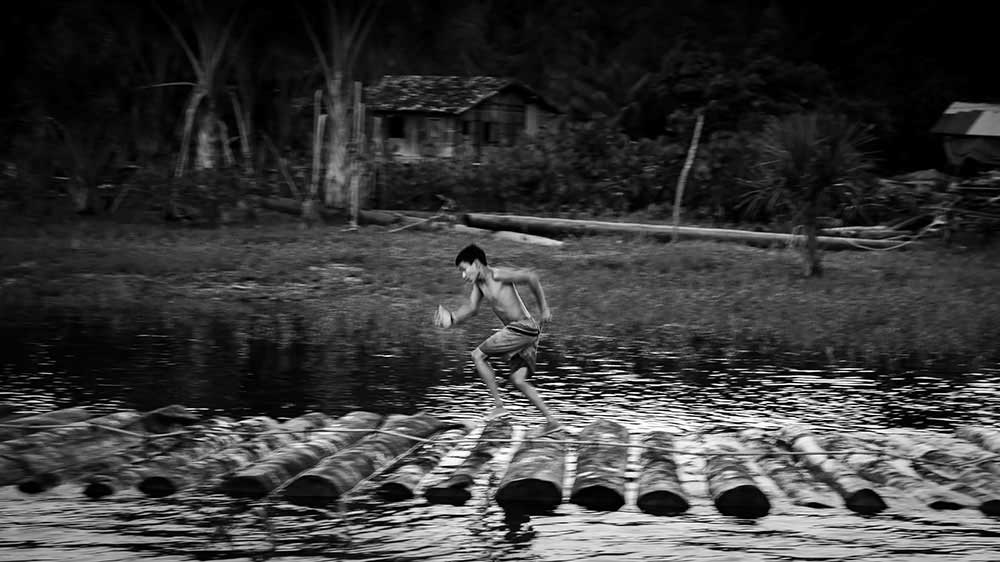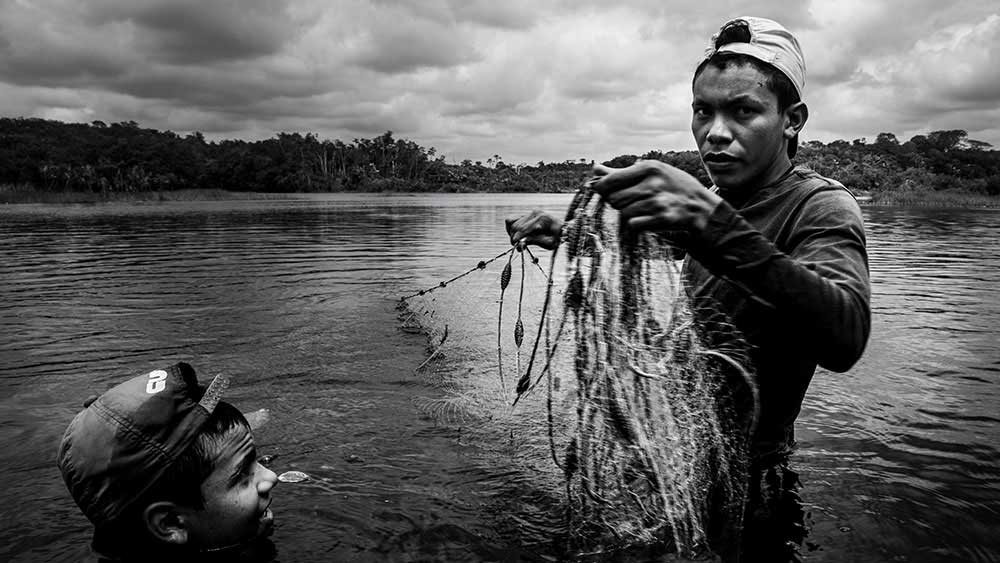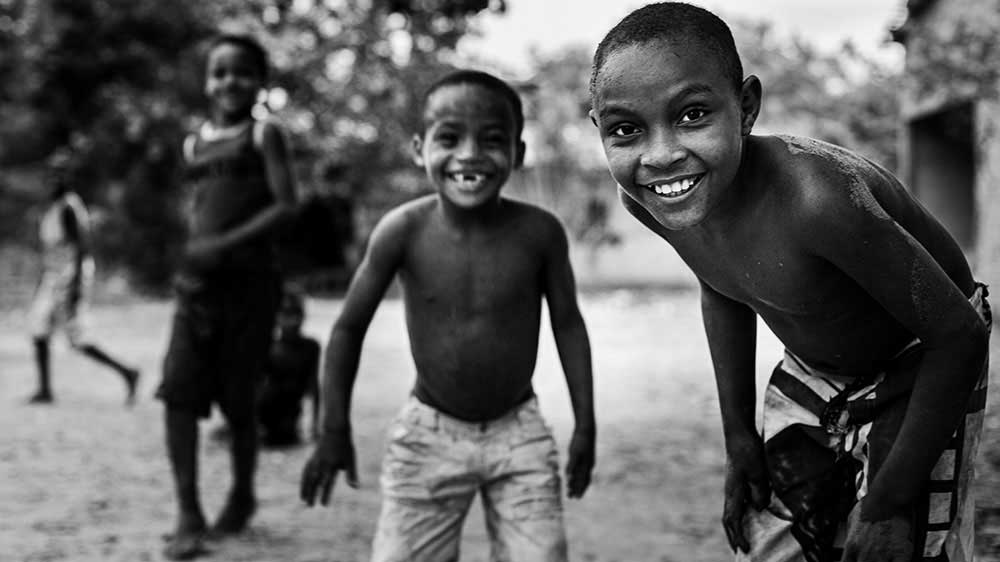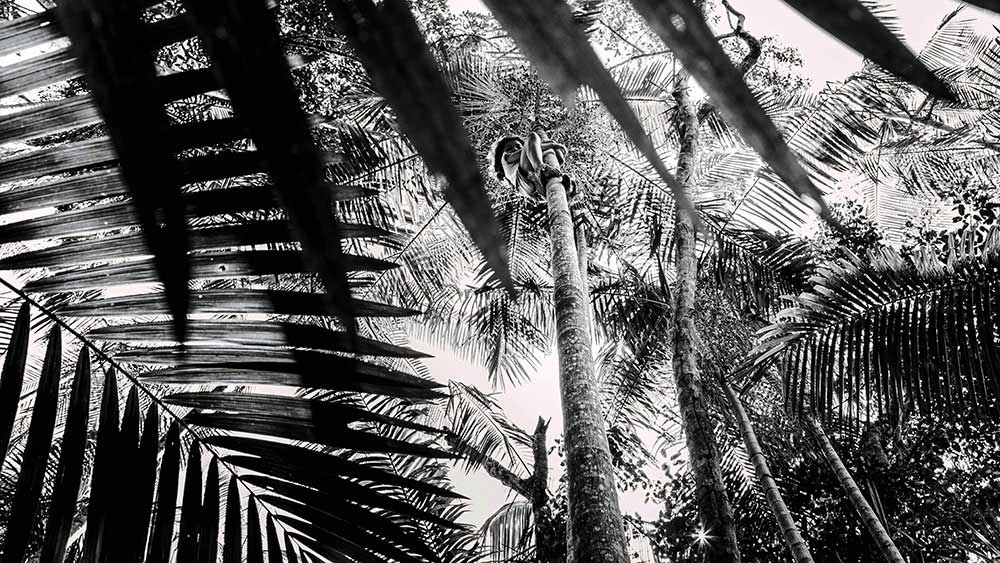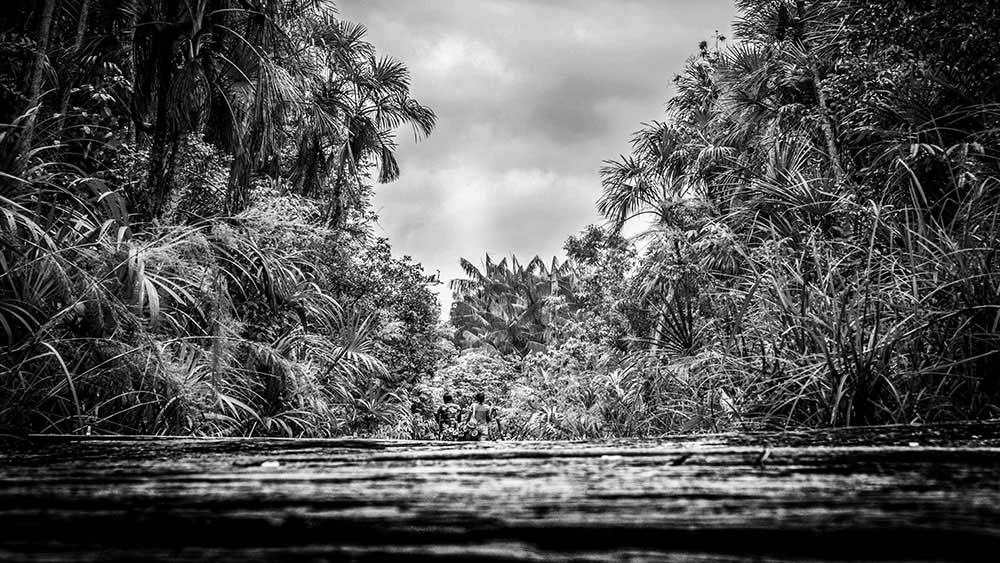In 1835, a rebellion broke loose in the lower Amazon Rainforest. Self-liberated Afro-Brazilian slaves took refuge in the remote jungle, where they established new communities called Quilombos! Today they strive to maintain the possession of their lands, and the vibrance of their cultures.
“To be viable, maroon communities had to be inaccessible… for purposes of concealment and defence”, writes anthropologist Richard Price. The word
quilombo derives from a language spoken in the old African Kingdom of Angola, and indicates a warrior-based settlement, or a military brotherhood .
After centuries of constant planting, tending, and harvesting, mixing together native Indigenous and African techniques, quilombo inhabitants helped to generate the very Amazonian landscapes conservationists seek to preserve.
These unique communities are facing multiple threats – from furious ranchers and miners, to a cultural destruction being enacted by the Church in the shape of a culture erasure. Such prejudice is already found in Brazil, with regular attacks to the sacred ritual sites of Umbanda and Candomblé, promoting the destruction of these Afro-Brazilian religions. However, in the heart of the Amazon, this takes on the shape of a spiritual purge, and is a flagrant attack on human rights.
Missionaries who work in the Amazon operate through a very deep process of humiliation of traditional practices, mischaracterizing the identities of these populations. ” In the past we used to have our female healers and our shamans. They started to be considered by the Church as a manifestation of the devil”, says Antunina, a quilombola, ” Our culture is vanishing.” In various parts of the Amazon Basin, Indigenous cultures have long coexisted with African traditions, yielding a unique richness. Recognizing the role that these communities play in protecting and managing the Amazon’s biodiversity is critical to the survival of a plural landscape. The key to the forest’s biodiversity is the human biocultural diversity. Brazil does not repeat Africa, Brazil reinvents Africa. [Official Website]



